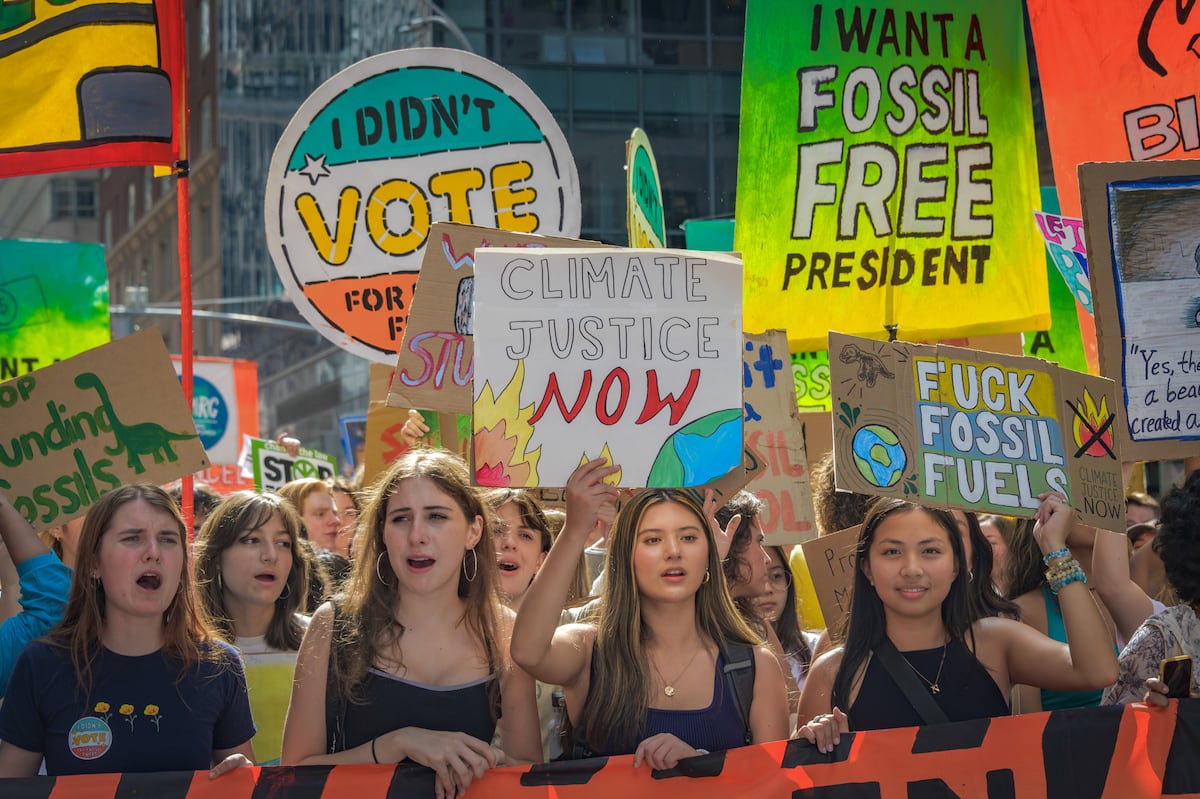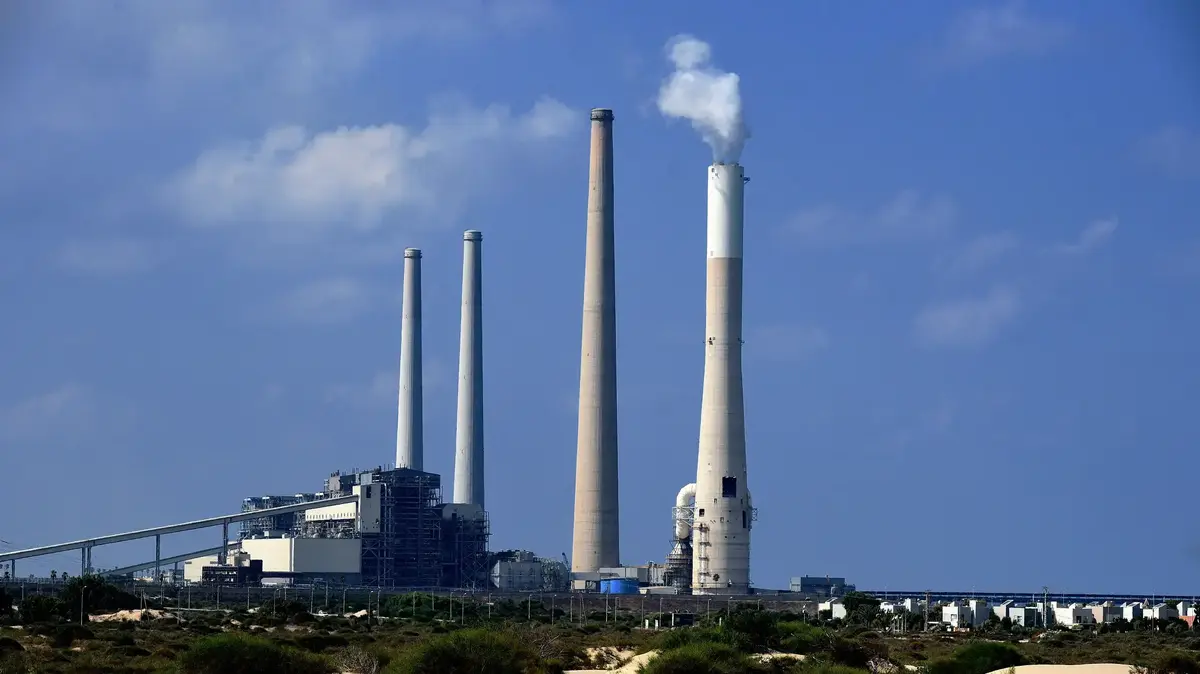Enlarge image
It may now be more difficult for the US government to impose stricter regulations on coal-fired power plants like this one in Arizona
Photo: Ralf Broskvar / YAY Images / IMAGO
A new ruling by the Supreme Court curtails the US government's rights to issue climate protection requirements for coal and gas-fired power plants, for example.
After the decision on Thursday afternoon German time, the powers of the Environmental Protection Agency (EPA), the state environmental agency in the USA, will be significantly restricted: In the future, the EPA will not be allowed to issue regulations to reduce carbon emissions from power plants.
So far, the so-called Clean Air Act, a law to combat air pollution, has guaranteed the environmental protection agency this right.
With the decision, the court also complicates the plans of US President Joe Biden.
His government is currently working on new guidelines designed to reduce greenhouse gas emissions from coal and gas-fired power plants.
Her proposal to regulate power plant emissions is expected by the end of the year.
Six votes for, three against
Currently six conservative judges are part of the Supreme Court, they voted for the decision.
The minority of the three liberal members voted against it.
According to the conservative judges, the regulatory powers of the federal government are too far-reaching.
In their verdict, the judges based their judgment on the so-called "Major Questions" legal doctrine.
Under this policy, action on issues of major importance and societal impact requires the express approval of Congress.
more on the subject
US Judge Clarence Thomas: The Man Behind America's Shift to the RightBy Marc Pitzke, New York
The decision comes at a bad time for US climate policy.
For months, the Biden government has been trying, among other things, to push the energy transition in the country through major legislative projects in order to achieve the national climate goals.
However, due to a tight majority in the US Congress and opposition from Senator Joe Manchin in particular, the plans are not progressing.
The possibility of pursuing climate policy via national authorities bypassing Congress – a means that Biden’s predecessor Barack Obama had also resorted to due to political blockages – is now being significantly restricted.
It is now likely to become even more difficult for the US administration to still achieve the climate targets, which envisage, for example, a completely decarbonized electricity sector by 2035.
If the world's second largest CO2 emitter falls behind again in terms of climate protection after Donald Trump has withdrawn from the Paris Agreement, this will also have a negative impact on international climate protection.
(The SPIEGEL climate report - the latest developments, research results and background information on the climate crisis as a newsletter: every week directly in your e-mail inbox.
Register now
.)
In justifying the new ruling, Supreme Court Chairman John Roberts wrote that while imposing a carbon emissions limit that would effectively enforce the energy transition may be a sound policy solution, "it is not plausible that Congress has given the EPA the authority to adopt such a regulatory regime on its own."
Great commitment of the coal industry
The legal process was initiated by a group of Republican-led US states led by West Virginia, a state whose economy is largely based on coal.
This group asked the Supreme Court to limit EPA's ability to regulate greenhouse gas emissions from existing power plants under the Clean Air Act.
It was backed by coal companies and pro-coal industry groups.
In detail, it was about a proposal that had been launched under former US President Donald Trump.
This "Affordable Clean Energy" rule was intended to limit a provision of the Clean Air Act that gives the Environmental Protection Agency power to regulate emissions from existing power plants.
It can be assumed that the judgment will not only have consequences for the work of the environmental protection agency.
It also raises new legal questions about important decisions by other federal agencies.
vki/stu/Reuters/AP





/cloudfront-eu-central-1.images.arcpublishing.com/prisa/RFXKLPJ6S5PGXJYGTELOFX5R6E.jpg)







